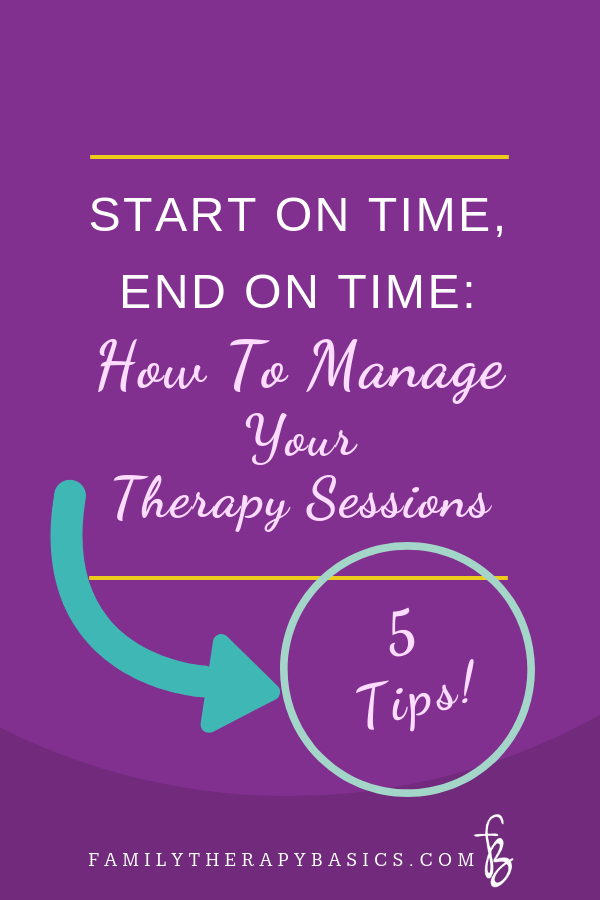This post was originally published on July 18, 2017, and was updated on May 19, 2020.
One of the most important lessons I’ve learned as a therapist is the value of having ongoing support and direction. My need for support hasn't been exclusive to clinical work; it has also been relevant to my career, business, and personal development. I’ve sought advice, ideas, and counsel from mentors and masterminds along my professional path, and they’ve made a huge difference in my sense of confidence and career success.
Whether you are a student, employee, or business owner, you need what a mentor, or mastermind, can offer, if you want to grow. Choosing a mentor or mastermind means choosing accountability. Deciding to submit yourself to a process of accountability and another person's influence is a significant decision that is based on mutual understanding between you and your mentor. It also involves accepting:
1 | Full ownership: Your progress and success are your responsibility.
2 | Your imitations: Your perspective is limited and needs outside ideas that will propel your progress.
Masterminds
The modern idea of the mastermind comes from Napoleon Hill's Think and Grow Rich. He says:
“No two minds ever come together without a third invisible force, which may be likened to a ‘third mind.’ When a group of individual minds are coordinated and function in harmony, the increased energy created through that alliance becomes available to every individual in the group.”
Hill is describing a concept very familiar to therapists and central to systems theory: The whole is greater than the sum of its parts.
A mastermind is a group of people that come together with the purpose of ensuring the success of all members of the group. Masterminds do not typically have an expert or leader, but rather, are collaborative and based on co-ownership.
Because there is no leader for the mastermind, members tend to rotate roles, such as keeping the meeting structure and schedule, as well as member "hot seats." The member on the "hot seat" is the focus of the meeting; other members provide suggestions and ideas in response to this member's request.
If you're new to the mastermind idea, or you'd like to begin a mastermind, here a few steps you can take right now:
Learn more about masterminds by reading Hill’s book or doing some online research. You can easily find stories of successful entrepreneurs (or experts) crediting masterminds for their momentum and accomplishments.
Choose a focus for your mastermind. Typically, masterminds are comprised of a group of peers interested in accomplishing a similar goal, such as growing an online following, starting a private practice, increasing sales, and so on.
Identify 2-3 colleagues you admire, and invite them to join you for a mastermind. Ideally, find others that have your same level of motivation and commitment as well as an area of knowledge, experience, or specialty unique to the group..
Set a schedule for your meetings (weekly, bi-weekly, etc.), and only maintain members that are committed to participating regularly.
Mentors
"No man is capable of self-improvement if he sees no other model but himself." --Conrado I. Generoso
Of course, mentors are invaluable for helping you develop both personally and professionally. My mentors have also been instrumental in connecting me to new people and opportunities. I'm not suggesting that you find a mentor for personal gain, because this implies using someone for your benefit. Rather, find a mentor that is interested in passing on his/her knowledge and is, at the same time, someone with whom you are able to establish a relationship of mutual respect.
Mentors and masterminds reveal the reality that strong, give-and-take relationships usually lead to new connections and unexpected prospects.
How to find a mentor
Finding a mentor does not have to be complicated. In fact, you can participate in an informal mentoring relationship by reading blogs, listening to podcasts, and attending trainings. For example, I attend conferences on a regular basis, and there, I have the opportunity to converse with people I admire—well-known authors, clinicians, and speakers--that I normally wouldn't be able to reach, due to their busy schedules. New environments often lead to new opportunities.
If you appreciate another person’s work and perspective, send them an e-mail. You’d be surprised how open and generous others are with their knowledge (I know this from personal experience). Tip: Keep the email short, and use the subject line to your advantage!
Summary
A mentor, or mastermind, will help you clarify your goals, take action sooner than you would without accountability, and sort through next steps, among other benefits. If you have goals you'd like to accomplish, personal or professional, don't go it alone. The lack of an outside perspective can lead to wasted time, self sabotage, and unnecessary feelings of defeat and frustration. Instead, find a community of people that will not only see your potential, but help you fulfill it.
Challenge
Reach out to a few people you admire. Send them a short e-mail: Say thanks, compliment their work, or share how they’ve made an impact in your life. This is the first step in getting comfortable with establishing mentoring relationships. Share your experience in the comments below!
*This post includes an Amazon affiliate link to Napoleon Hill’s book.
Let's Chat
Let me know in the comments below:
Are you a member of a mastermind, or do you have a mentor? What has been the # 1 impact of these on your life or work?
What action will you be taking as a result of reading this post?













